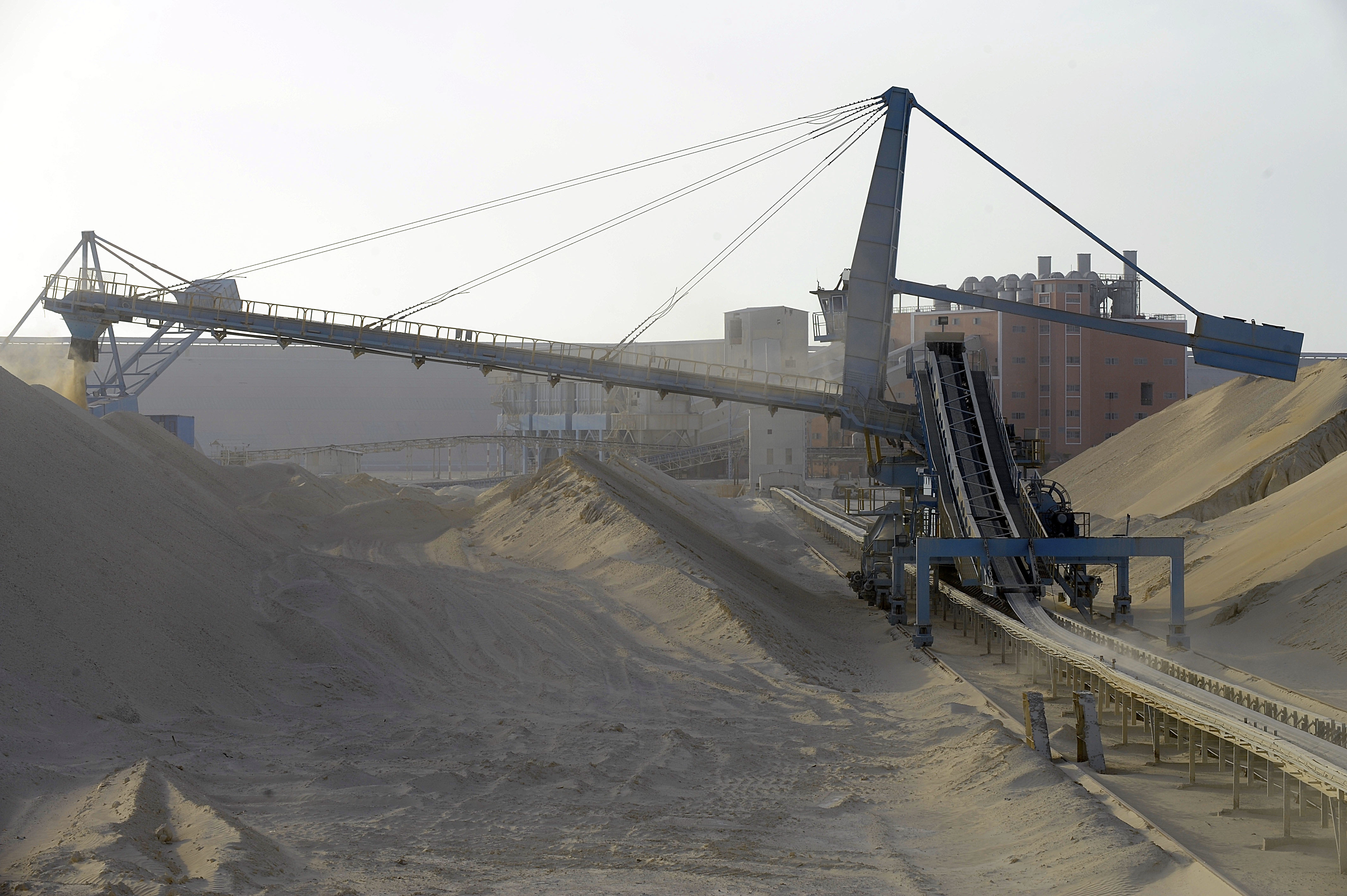The Trade Alliance to Promote Prosperity (TAPP), a coalition of U.S. companies, workers, trade associations, opinion leaders, lawmakers and policymakers, has denounced the decision by U.S. International Trade Commission to continue investigations concerning phosphate fertilizers being imported from Morocco and Russia. The TAPP says that the Commission‘s investigation „reeks of crony capitalism“, as it comes at the request of the giant Mosaic Company, which owns a majority of the phosphate fertilizer production in the U.S. Imposing tariffs on phosphate imports from Morocco and Russia would increase the prevailing cost of phosphates in the country, the TAPP warns, and allow the Mosaic Company, with its $19 billion-plus assets, to raise prices for its phosphate fertilizers.
The imposition of a new tax of between 30 to 71% on imported Moroccan and Russian phosphate fertilizer would have significant ramifications for the entire farm community in the U.S., says Don Racheter, a retired political scientist and a founder and former president of the Iowa Association of Political Scientists. Particularly in the case of Iowa‘s farmers, who have already been very badly hit by the COVID-19 pandemic and a severe storm, causing an estimated $3.8 billion in agriculture-related damage, Racheter points out that „some tone-deaf federal government bureaucrats are considering increasing their operational costs during this time of great vulnerability.“ U.S. government officials have probably not realized just how critical phosphate fertilizer is to all farmers, and specifically in the farm country like Iowa, who need fertilizer to produce the nation’s crop output.
In a letter expressing their opposition to these new duties, Sen. Joni Ernst and a coalition of other senators articulated the importance of phosphate fertilizer to U.S. farmers, outlining how one-fifth of all fertilizer is phosphorous-based, and that phosphate fertilizer accounts for 15% of total cash costs incurred by American producers. Hardly any U.S. farmer would escape paying this new tax currently being lobbied for by Mosaic Company. The farmers in the U.S., which only controls 27% of the phosphate marketplace, will probably always remain reliant on these imports, considering that Morocco is home to 85% of the world’s phosphate reserves.
Although the federal government has yet to decide if it will slap these new taxes on Russian and Moroccan phosphate imports, its mere consideration of the new duties and the market’s expectation of a vote in their favour have already shot the price of phosphate fertilizer to $320 per short ton, up from $275 before the federal government’s investigation announcement. Those tariffs would amount to a tax on American farmers of roughly $480-$640 million, warns Bob Young, former Chief Economist for the American Farm Bureau Federation. Ultimately, this increased tax would result in higher costs for American grocery consumers.




